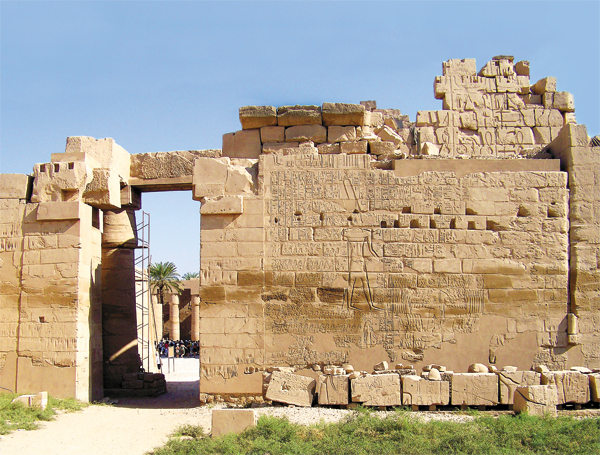
“In the fifth year of King Rehoboam, King Shishak of Egypt marched against Jerusalem.”
(1 Kings 14:25)
Did he really? If he did, this would be the earliest event in Biblical history for which we have a contemporaneous reference in an extrabiblical source.
And if he did, that can tell us, based on an extrabiblical source, when King Solomon ruled over a United Kingdom of Israel and Judah, for Rehoboam was Solomon’s son and king of Judah. And if we know when Solomon ruled, we would know when his father, King David, ruled (as well as when Rehoboam and the other kings of Israel and Judah ruled after him).a
One thing almost all scholars agree on: The Egyptian ruler that the Bible refers to as Shishak is in fact Pharaoh Sheshonq I (explained in “How Sheshonq Became Shishak”). The problems arise in tallying the information we know about Sheshonq with the references in the Bible to Shishak. Based on the Egyptian records, can we say that Sheshonq marched against Jerusalem? Maybe Sheshonq was making up all his claims about a campaign to the north. (Not so silly; Egyptian pharaohs often did that.)
Already a library member? Log in here.
Institution user? Log in with your IP address.

